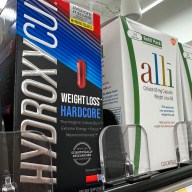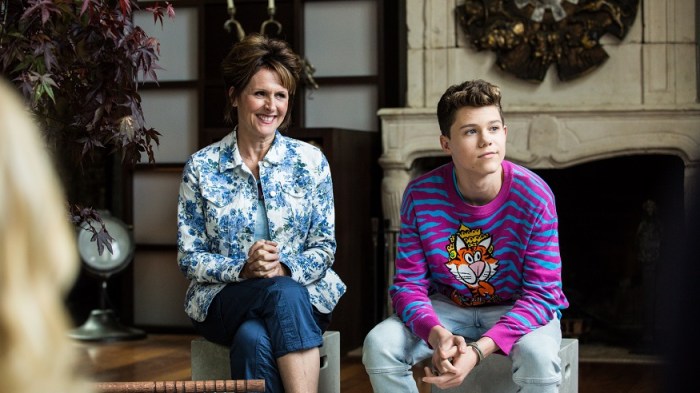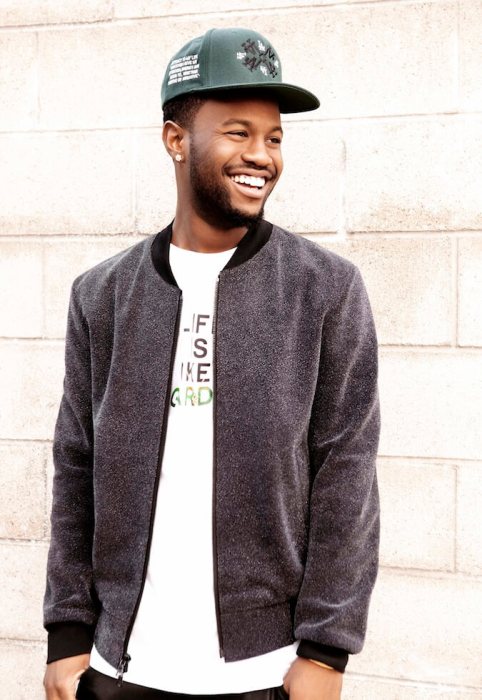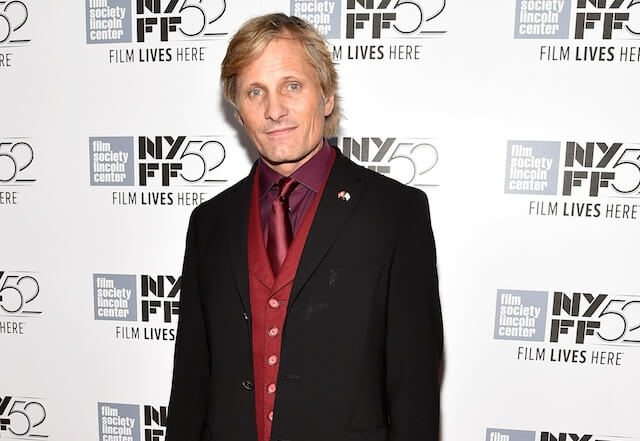“The Hunting Ground” is documentarians Kirby Dick and Amy Ziering second film in a row on sexual assault being ignored by institutions. “The Invisible War” concerned the military; “The Hunting Ground” zeroes in on college campuses. They found administrations badly handling, if not outright ignoring, sexual assault charges, leaving survivors to band together to form activist groups. Together, Dick and Ziering have been responsible for several muckraking docs, including “Outrage” (about closeted Republican politicians) and “This Film is Not Yet Rated” (about the MPAA). But earlier they made less polemical, though still very keyed-up, profiles, like “Sick,” about professional sadomasochist/performance artist Bob Flanagan, and “Derrida.” “The Hunting Ground” seems like a natural outgrowth of “The Invisible War.” Was that how it started?
Amy Ziering: In the course of going around campuses showing “Invisible War,” time and again students would come up to us and say, “This happened to me here. A lot of what you pointed out happening in ‘Invisible War’ happened right here at Occidental or at Berkeley.” We started getting letters that said, “I saw ‘Invisible War.’ Please make a film about this.” After a few months we sat down and said, “We can’t not make this film.” What can film do for this issue that, say, a book or an article cannot?
Kirby Dick: First of all, in these cases, you’re hearing the survivors’ stories. You’re seeing them recount them. That’s a lot different than reading about it in print. Secondly, a film can just compact everything. It can compact the analysis of a problem with the emotional experience of the survivors into one very intense package that will stay with the viewers. AZ: I also think our culture is so ADD and fragmented — when else do you have someone’s attention for 90 minutes? It’s one form you can still get people to sit there and percolate on something that allows for them to have a transformative experience. Recently there was a controversial call, led by Nevada assemblywoman Michele Fiore, to allow guns on campus, the claim being that that would cut down on the sexual assault. I can imagine your take on that. KD: We’re glad to see that people in legislature around the country are beginning to take this issue seriously and try to institute some reforms. Unfortunately the concept of introducing guns into this equation — the people who are suggesting that just don’t understand the issue. First of all, most of these assaults take place when they’re incapacitated. There’s no way they could use a gun. But even if they’re not completely incapacitated, they’re often drunk or have drank a lot. When you introduce a gun into that situation it becomes extremely dangerous. And the people being assaulted are often being assaulted by friends or acquaintances. It’s very unlikely someone is going to pull a gun in this situation. The end result will not address the problem, but it will result in substantially more injuries and death. AZ: It’s target rape, not date rape. Our film shows that. It’s a highly premeditated, calculated crime. That’s why we called it “The Hunting Ground”: men and woman say they feel like prey. These serial predators set up their victims in a way that it’s inconceivable that a gun would have made a difference. If serial predators are canny, they can use a gun against the people they’re assaulting. It’s ridiculous. This film was locked before and premiered at Sundance soon after the University of Virginia scandal, in which sexual assault reported by Rolling Stone wound up being false. People have this habit of dwelling on false reports of rape, but as your film shows, almost all of reported sexual assaults wind up being true. AZ: We don’t want to hear bad news, so if something gives us an excuse to think the bad news is overstated or not really happening, we’ll seize on that, with relish, and not even consciously. KB: With the VA story, obviously there were problems with the reporting. But this is just one story at one school. The real broad story is this is happening at nearly all schools. That’s what we have to keep the focus on. If we bring it back this one reported story, we will not address this problem. AZ: If a reporter does a bad job, it doesn’t reflect what was reported on. It doesn’t change those statistics. It’s still 92 to 98 percent that are not false reports.
“The Hunting Ground” is ultimately a hopeful film, as you show that there are survivors forming groups that reach out across the nation.
AZ: I think they felt like there was finally space in our culture to hear about these crimes, where people were not passing judgment on everyone involved with them. I think we’re seeing a shift there. I was surprised by the number of people who spoke about it publically, about what happened to them, and felt it was necessary to do. What kind of responses have you heard from schools so far?
KB: There’s been an incredible response from colleges and universities in terms of programming the film. We already have dozens of screenings scheduled around the country. And we’ve had dozens of more inquiries. That is a good sign. It’s one reason we made the film. We felt there would be a real opportunity to show the film on campuses across the country, and have those schools see the problem, the activists and survivors to start pushing for change and the administrators to understand the nature of the problem and find ways to change it, school by school by school. What can they do to change?
AZ: The schools need to improve their investigation and adjudication processes. It’s not about anything these survivors could have done differently. That’s a very important point. As much as we love the other work that has been done in the field so far, to some extent it still does put the blame on the people it’s happening to and not the people who are doing it. I’d love to see these crimes to be seen in line with other crimes. You don’t sit there and go, “What could have been done differently by someone who’s been carjacked?” Or “Gee, he really should have prevented that murder?” Bad stuff happens, and this is something that is really bad. You two have been making these activist/issue documentaries for a while, but you used to make mostly documentary profiles. What caused the shift?
KB: It happened with “Twist of Faith.” I started out making a film about the experience of someone who was sexually assaulted by a priest. It was more of a profile. But once the film started coming out, I could see the impact it was having. State legislatures were programming it. I wanted to add another level to the filmmaking that I was doing — to add this other, political engagement. Do you still see any particular connections between these more recent films and those older, less activist ones?
KB: Almost all of my films deal with outsiders. There’s an institutional intransigence or perspective or dominance that’s being critiqued or challenged by someone from the outside. “Sick” is a good example; “Derrida” is another. We look for that because, first of all, that institutional dominance should be challenged. But secondly, it’s cinematically dramatic to see it being challenged, in this case by young students taking on their institutions and creating a national network. It makes for good film viewing. AZ: “Sick” inverts our expectations of sexual norms. And “Derrida” is all about subversion of ideology, and subversion of hierarchies —racial hierarchies, sexual hierarchies. For me I see them all on a continuum. It’s moved to more overt politics, but for me it’s been a thread throughout both our work. Follow Matt Prigge on Twitter @mattprigge
Interview: The makers of ‘The Hunting Ground’ on campus sexual assault and the gun controversy
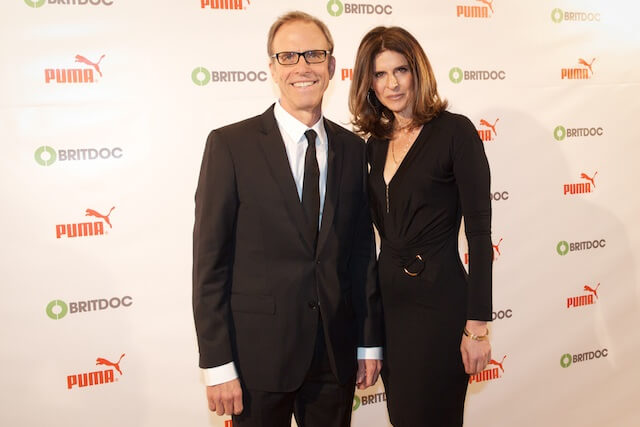
Getty Images







